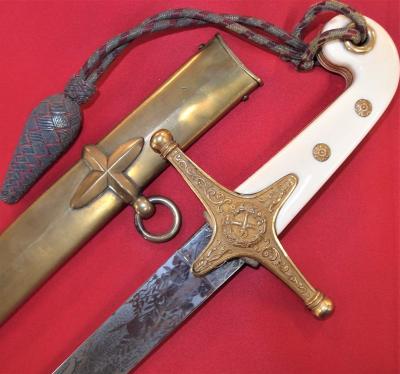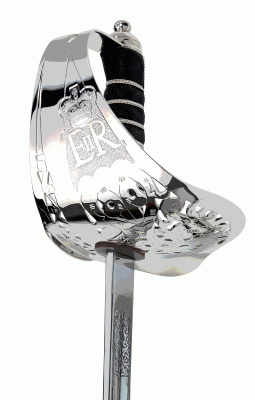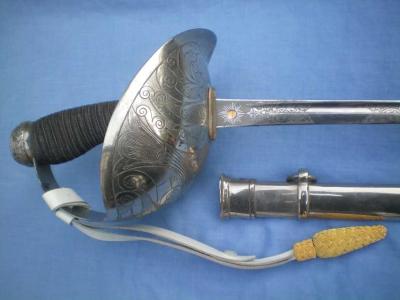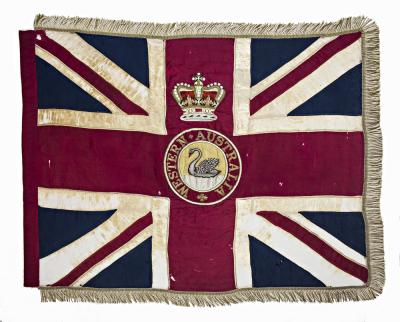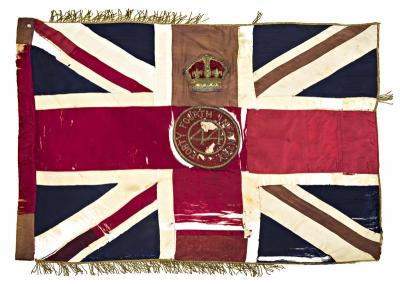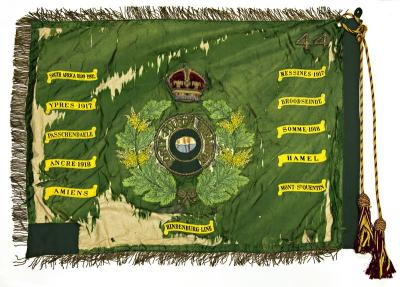Victoria Cross - Private Tom Starcevich VC, Beaufort North Borneo, 28 June 1945
The Victoria Cross is the highest award for acts of bravery in wartime. It was instituted in 1856 by Queen Victoria and made retrospective to 1854 to cover the period of the Crimean War. It is possible for any serving member of the armed forces to obtain this award.
The decoration is a bronze cross pattée, 41 mm high, 36 mm wide, bearing the crown of Saint Edward surmounted by a lion, and the inscription "for valour" . The decoration, suspension bar, and link weigh about 27 grams. The cross is suspended by a ring from a seriffed "V" to a bar ornamented with laurel leaves, through which the ribbon passes
The ribbon is crimson, 38 mm wide. Although the army warrants state the colour as being red, it is defined by most commentators as being crimson or "wine-red".
The Bren gun was a series of light machine guns (LMG) made by Britain in the 1930s and used in various roles,. It is best known for its role as the British and Commonwealth forces' primary infantry LMG in World War II It was also used in the Korean War and saw service throughout the latter half of the 20th century.
The Bren gun was a licensed version of the Czechoslovak ZGB 33 light machine gun which, in turn, was a modified version of the ZB vz. 26, which British Army officials had tested during a firearms service competition in the 1930s. The later Bren gun featured a distinctive top-mounted curved box magazine, conical flash hider, and quick change barrel.
The name Bren was derived from Brno, the city in Czechoslovakia, where the Zb vz. 26 was designed (in the Zbrojovka Brno Factory) and Enfield, site of the British Royal Small Arms Factory.
Details
Details
. The reverse of the suspension bar is engraved with the recipient's name, rank, number and unit. On the reverse of the medal is a circular panel on which the date of the act for which it was awarded is engraved in the centre. Each Victoria Cross is unique in that the medal is cast and hand finished including a secret identifying mark.
The citation for the award was published in the London Gazette on 6 November 1945, reading:
For most conspicuous gallantry and extreme devotion to duty at Beaufort, North Borneo, 28th June, 1945.
WX.11519 Private L. Starcevich was a member of the 2nd /43rd Australian Infantry Battalion during the capture of Beaufort, North Borneo.During the approach along a thickly wooded spur, the enemy was encountered at a position where movement off the single track leading into the enemy defences was difficult and hazardous.
When the leading section came under fire from two enemy machine gun posts and suffered casualties, Private Starcevich, who was Bren gunner, moved forward and assaulted each post in turn. He rushed each post, firing his Bren gun from the hip, killed five enemy and put the remaining occupants of the posts to flight.
The advance progressed until the section came under fire from two more machine gun posts which halted the section temporarily. Private Starcevich again advanced fearlessly firing his Bren Gun from the hip and ignoring the hostile fire captured both posts singlehanded, disposing of seven enemy in this assault.
These daring efforts enabled the Company to increase the momentum of its attack and so relieve pressure on another Company which was attacking from another direction.The outstanding gallantry of Private Starcevich in carrying out these attacks singlehanded with complete disregard of his own personal safety resulted in the decisive success of the action.
Open in Google Maps
Nearest geotagged records:
Australian Army Museum of Western Australia
Australian Army Museum of Western Australia
Other items from Australian Army Museum of Western Australia
- Artwork - Wounded in Action by Michele Eastwood 2015
- Artwork - Trench by Peter Dailey, 2015
- Trophy of Arms
- Propellor Tip Trench Art
- Sword - Artillery Pattern
- Sword - General Officer Mameluke Pattern
- Sword - Infantry Pattern
- Sword - Cavalry Pattern
- World War 2, Australia, Western Australia,SS Vyner Brooke, FARMANER, 1940
- Kings's Colour - 1st Infantry Regiment (WA Volunteers) (1896 Presentation)
- 44th Battalion (The West Australian Rifles) - King's Colour (Initial Presentation 1920)
- 44th Battalion (The West Australian Rifles) - Regimental Colour (1927 Presentation)
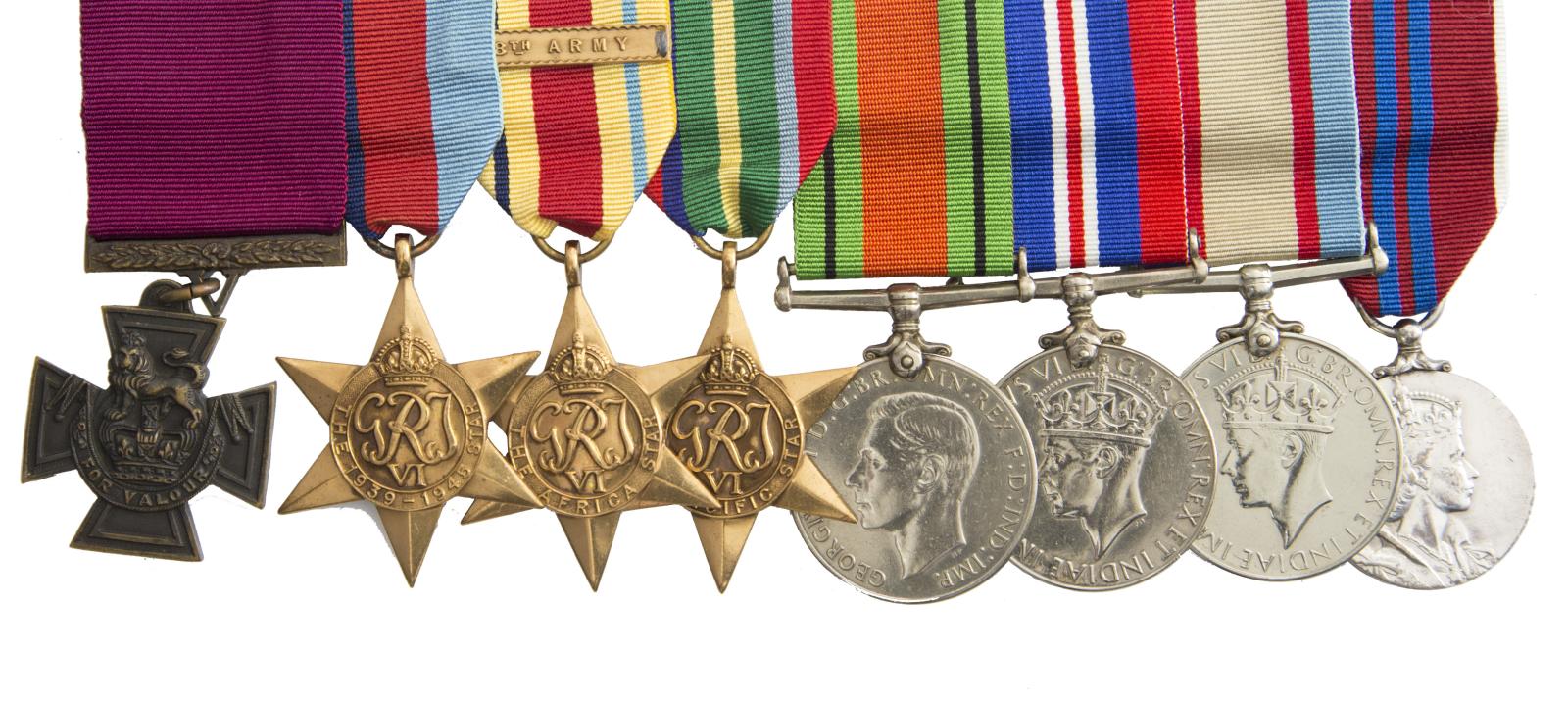
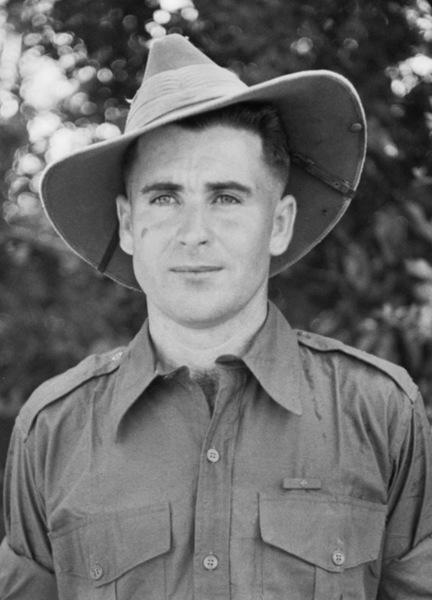
Scan this QR code to open this page on your phone ->






